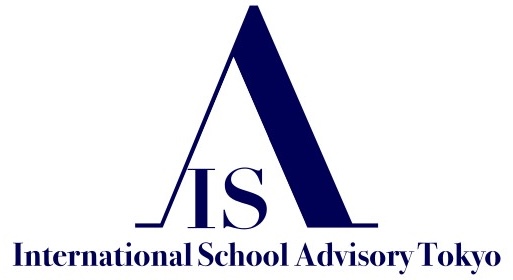The popularity of international schools in Japan is increasing year by year, and with it, the recognition of international schools. Although there are various hurdles to entering an international school, the number of families attending is increasing. As we have been visiting preschools and international schools, we have been surprised to see so many Japanese children enrolled, especially in preschool. So, why are international schools so popular with Japanese families and what are some of their reasons for choosing them?
Learning English
When we talk to parents who have chosen or are considering an international school, most of them choose this path because they want their child to acquire a high level of English proficiency in order to achieve mobility both in Japan and abroad in the future. In addition, those families who choose international preschool only do so because English classes begin in elementary school in Japan, and so they want their children to be familiar with English by then in order to reduce any challenges their child might experience. They also find it attractive that they can acquire native-like pronunciation and an ear for English, the result of spending a whole day with a native English speaker. Since there are still few opportunities to use English on a daily basis in Japan, an environment where students can learn and practice English, such as an international school, is an important factor.
Global Perspective / Diversity
Our Japanese families also name global perspective and diversity as playing a part when considering international school. They want their child to be exposed to various cultures and values from an early age and to grow up with a global perspective. International schools have teachers and students of various nationalities and races. By interacting with people from various countries, students are exposed to a diversity of cultures and values, and are able to acquire an international perspective, as well as develop communication skills and an open-minded spirit.
Independence and an Inquiring Mind
Another reason given to us by families is that of the Japanese education system. The majority of Japanese children take junior high school entrance exams, especially in the Tokyo and Kansai areas, and this trend is intensifying year by year. Many families go to cram schools from the early elementary school years to prepare for entrance examinations. Under such circumstances, it seems that parents who question the current Japanese educational system are choosing international schools because they want their children to be educated on a different basis, one that is not based on a single deviation score. They want their child to spend their elementary school years doing what they like and growing in their own way. International schools offer a variety of curricula, but for the most part, they provide an education that does not have a single answer, as well as a culture that respects an inquisitive mind to pursue questions and concerns on one’s own. On graduating from school and entering the workforce, most of the issues individuals will face will have a number of solutions. The appeal of international schools is that they nurture the ability to proactively tackle such issues. In addition, students are not taught in one direction by the teacher, but rather they discuss with each other and take the lead in their own learning, which fosters independence.
Study Abroad
A further reason focuses on Japan’s current economic situation and how this affects post-secondary plans for their child. In Japan, the birthrate is declining, and the population is decreasing. The yen has weakened, economic uncertainty continues, and society, as a whole, is feeling a sense of stagnation. Under these circumstances, many parents want their child to be active not only in Japan, but also on a global scale. They want their child to broaden their horizons and study at universities abroad or find employment in other countries. The curriculum at international schools, whether international or national, allows students to acquire the qualifications to apply to the world’s most popular universities, as well as the ability to choose the university that best suits their needs. This mobility is a major attraction of international schools.
The Variety of Curricula
Finally, the variety of curricula on offer is seen as an advantage by Japanese families. Since all Japanese Article One schools provide education based on the school curriculum guidelines, students learn the same content in all schools in the general framework. International schools, on the other hand, have different curricula, each with their own aims and characteristics, allowing families to choose the curriculum best suited to their child. In addition, many international schools incorporate cutting-edge technology into both teaching and learning, which is often not seen in Japanese schools. The world is changing at a tremendous pace, and many international schools take advantage of the fact that they are not tied to any one place and can be flexible enough to adapt to these changes.
As advocates for international education, it is great for us at ISA-Tokyo to hear that Japanese families are recognizing some of the advantages that can arise from pursuing the international school path. We understand that each family will have its own particular reasons for choosing this road, and we hope that we are able to support and guide them in their decisions.
Our next blog…
Does the curriculum matter? We will explore further into whether the type of curriculum an international school offers is important in developing globally minded individuals?
